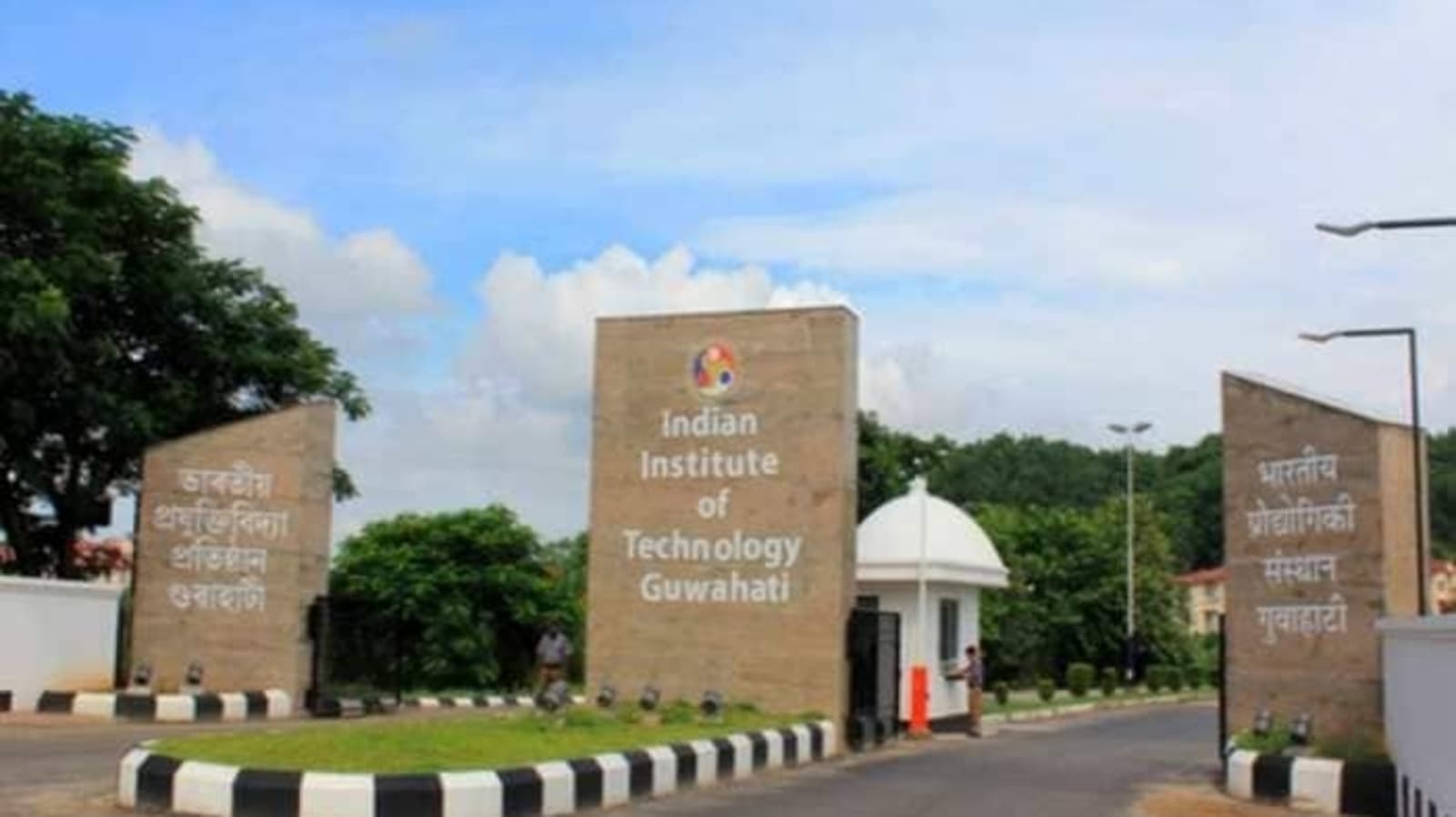 IIT Guwahati develops new energy distribution strategy for EV charging stations
[ad_1]
IIT Guwahati develops new energy distribution strategy for EV charging stations
[ad_1]
Researchers at Indian Institute of Expertise (IIT) Guwahati have developed an optimization-based voltage management strategy for energetic energy distribution networks that may allow coordinated operation of photovolitaic (PV) energy era and electrical automobile (EV) charging stations.
“Electrical automobiles are being more and more thought of the answer to carbon emissions from the transportation sector. The sustainability of EV could be enhanced if the ability used to cost these automobiles can also be primarily based on renewable power sources equivalent to photo voltaic power. Nonetheless, photo voltaic power is intermittent, which results in voltage fluctuation issues within the energy distribution networks. Moreover, EV charging is uncoordinated at current, which results in under-voltage of the distribution networks, and related effectivity loss,” IIT Guwahati mentioned.
“A coordinated management strategy for energy distribution system is required with a view to derive most advantages from renewable energy era and electrical automobile energy sourcing. PV and EV inverters must work in coordination with different Voltage Regulating Units (VRD) to manage the system voltages,” it added.
Dr Sanjib Ganguly, Affiliate Professor at Division of Electronics and Electrical Engineering (EEE) alongside along with his analysis scholar Arunima Dutta and collegue Dr. Chandan Kumar, have printed their analysis within the journal of Sustainable Vitality, Grids and Networks.
Highlighting his analysis, Dr. Ganguly mentioned, “We have now developed an optimization-based coordinated voltage management strategy of energy distribution networks to mitigate the overvoltage and under-voltage issues as a consequence of excessive PV era and excessive EV charging, respectively”.
[ad_2]




0 comments